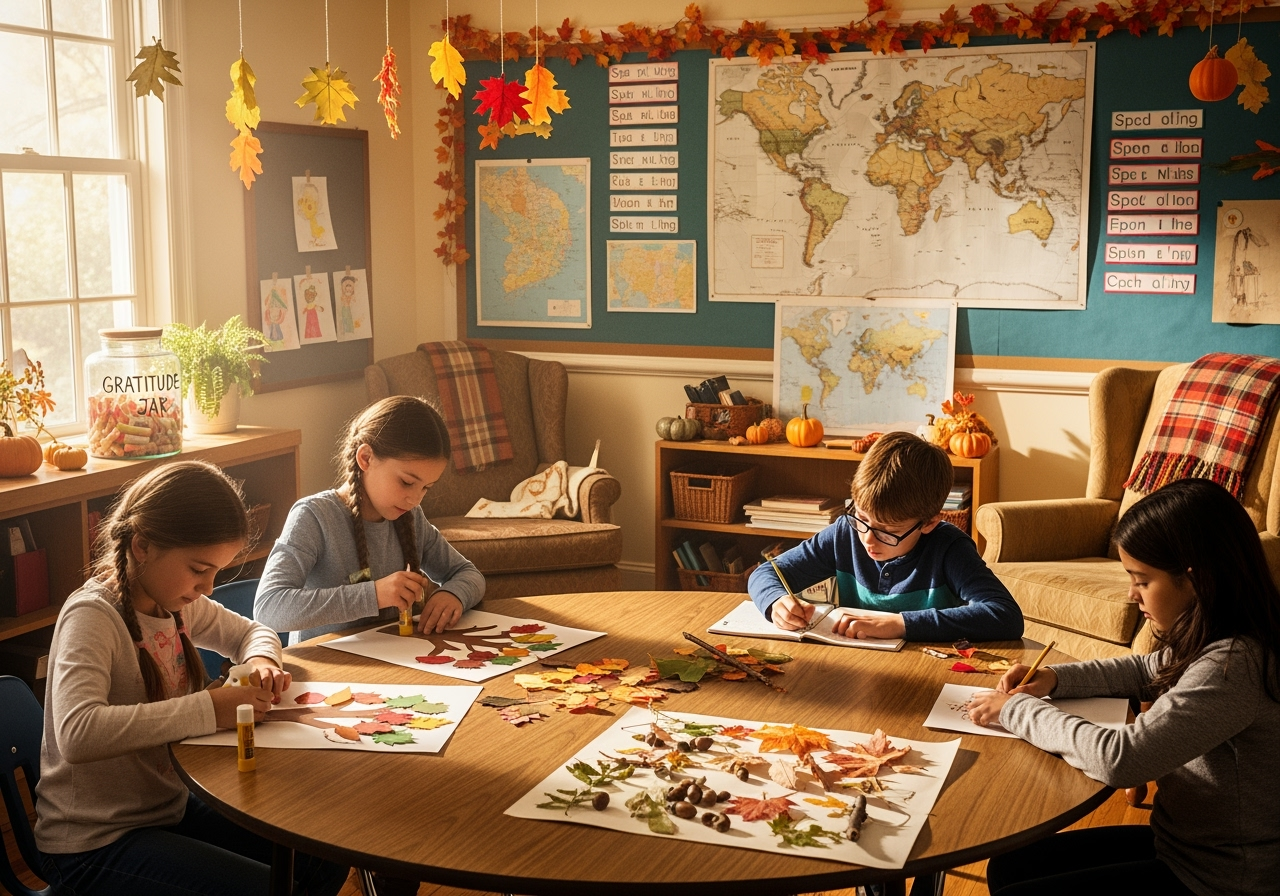🍂 SEPTEMBER 2025: THE MONTH OF GRATITUDE 🍂
🍁 Monthly Mantra 🍁
(Recite the blessing as you light your Chalice.)
With grateful hearts and open hands,
We honor the gifts each day brings.
We give thanks for the harvest of earth and spirit,
For the kindness we receive and the kindness we share.
We remember our roots, celebrate our connections,
And greet each moment with appreciation and joy.
May gratitude guide our words, our actions, and our hearts.
🕯️Extinguishing the Chalice 🕯️
As we extinguish this chalice, we remember that which we CAN control. Our actions and our attitudes will set the pace for our days and are the ONLY powers we wield in life.
🥮 Friday Fun Days 🥮
September 5: Visit a farmer’s market
September 12: DIY fall crafts
September 19: Birthday holiday for Stephanie!
September 26: Mabon celebration with a gratitude picnic






